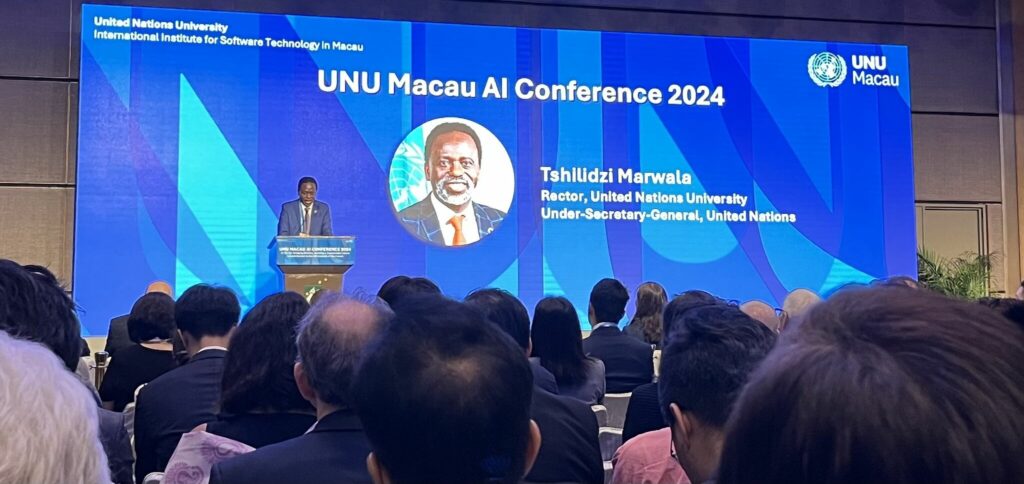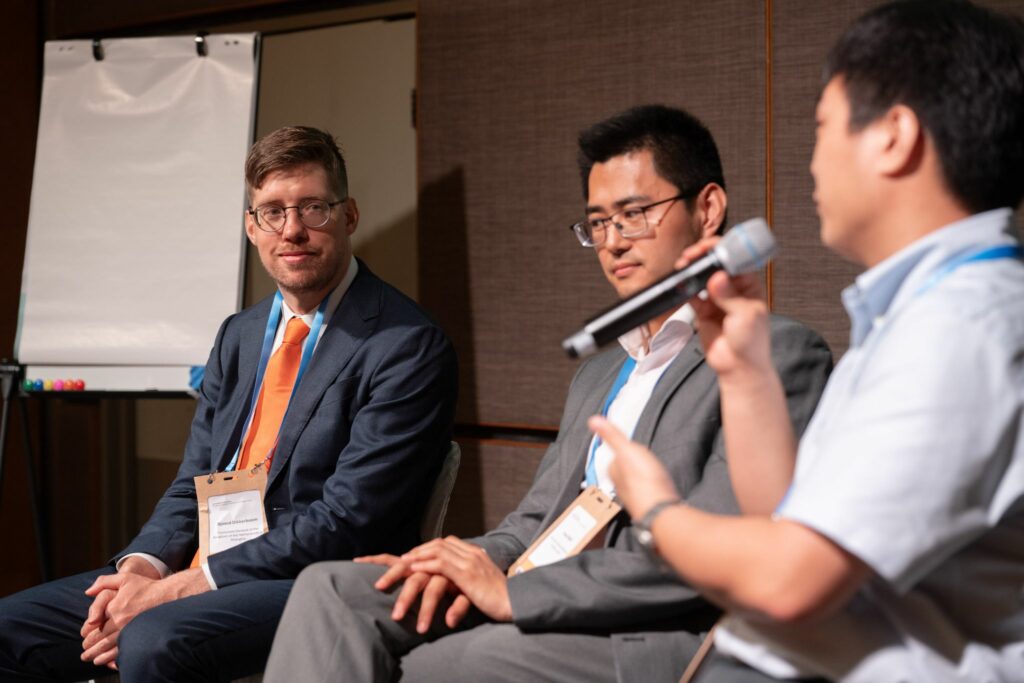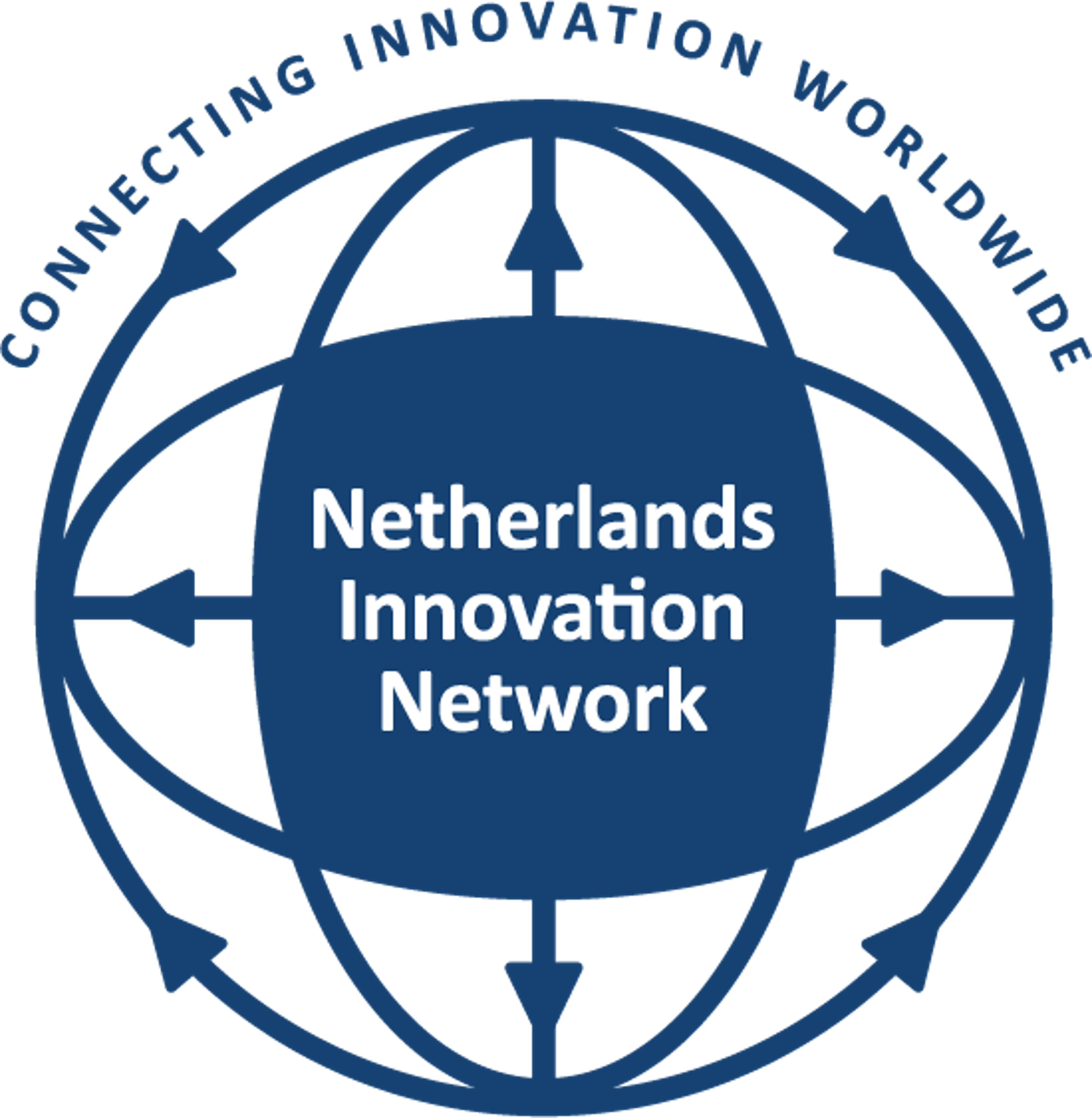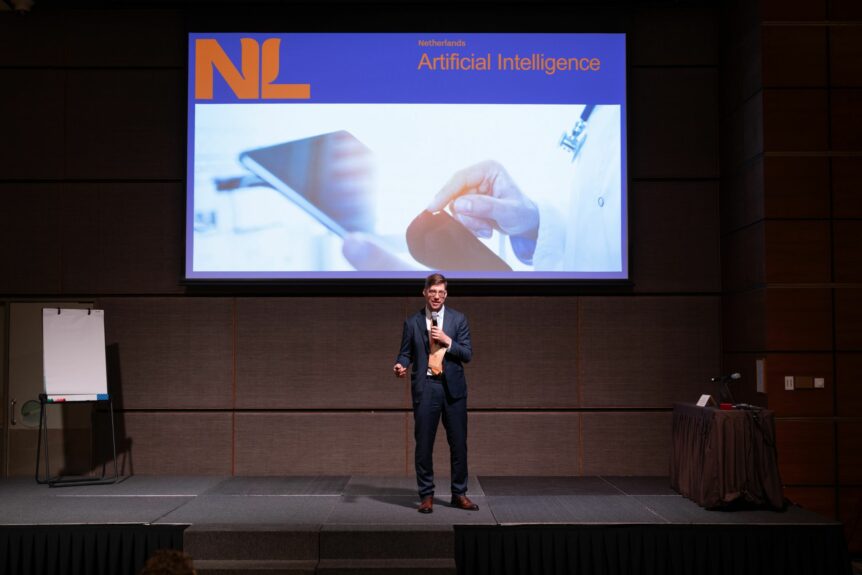On April 24 and April 25, 2024, the UNU Macau AI Conference 2024 was held in Macau, gathering an international group of youths, experts, academia, the private sector, UN agencies, and governments for a global dialogue on the responsible and sustainable development of AI. 26 sessions and 4 side events took place , facilitating dialogue, discussion and exchange across 3 thematic pillars: AI to Accelerate SDGs, AI Governance for the Future, and AI & Capacity Building.

The UNU Macau AI Conference serves as a hub for diverse participants, from national ministers to industry pioneers and researchers, to discuss the role of AI in accelerating the Sustainable Development Goals, shaping AI governance, and enhancing global capacity building. The launch of the UNU AI Network underscores a commitment to collaborative, responsible, and sustainable AI development. This collaborative effort represents a significant endeavor to utilize AI in solving critical global challenges such as achieving equity, transforming economies, and restoring the biosphere. The discussions and outcomes of the conference aim to define how AI can be used as a pivotal tool in addressing these issues, emphasising the importance of ethical guidelines and international cooperation in realising AI’s potential for good.
“AI is complex because it is how we are attempting to grapple with a planet in its full intricacy, and to solve some of the biggest problems of all time. […] The next milestone in this story is the Summit of the Future”
Tshilidzi Marwala – Rector of the United Nations University, Under-Secretary-General of the United Nations.
The event sparked valuable discussions on AI’s impact in fields like Chemistry and legal frameworks. The need for global governance of AI and at the same time the increasing difficulties of international collaboration in technology.


More than halfway through the historical process initiated in 2015, the pursuit of the Sustainable Development Goals is tragically off track. Despite commitments to leave no one behind, it appears ambitions and even the entire planet are being left behind. The path to achieving these goals by 2030, and ending the planetary emergency, requires more than drastically accelerated progress; it necessitates breakthroughs. These breakthroughs are crucial for achieving full gender equity, a just transition to clean energy, ending poverty, and much more. At this conference, attendees focus on these breakthroughs, drawing on extensive careers in AI and the impressive capabilities and possibilities AI offers, while also acknowledging its potential dangers, such as threats to safety, security, and equality.
The narrative of AI at the United Nations (UN) stretches back to influential meetings and declarations, beginning with the World Summit on the Information Society in 2005 and going further back to the 1948 Universal Declaration of Human Rights, which has gained new relevance in the AI era. This legacy continues with the ongoing discussions at the UNU Macau AI Conference, which is part of the UN’s broader engagement with AI, including the recent introduction of the Global Digital Compact and UNESCO’s 2021 Recommendation on the Ethics of AI. These frameworks aim to ensure that AI development adheres to ethical standards and supports sustainable development. The concern extends to the use of synthetic data in AI training, which, while innovative, introduces challenges that reflect profoundly on societal impacts.

Over 120 expert speakers from 30+ countries were present at the conference. Including our colleague of the Netherlands Innovation Network China, Sjoerd Dikkerboom who participated and spoke at the empowering young scientists forum, giving insights into the Dutch innovation ecosystem and AI strategy focused on education and talent development.
Events like these are important for the Netherlands to keep up to date with the rapid developments worldwide in AI. And gives the opportunity to connect and share thoughts with some of the world’s leading experts on AI.
“Ensuring the interoperability of governance initiatives, addressing the digital divide, and fostering a multi-stakeholder approach will be essential for realizing the full potential of AI”
Dr. Amandeep Singh-Gill – the Secretary-General’s Envoy on Technology and Under-Secretary-General of the United Nations.

